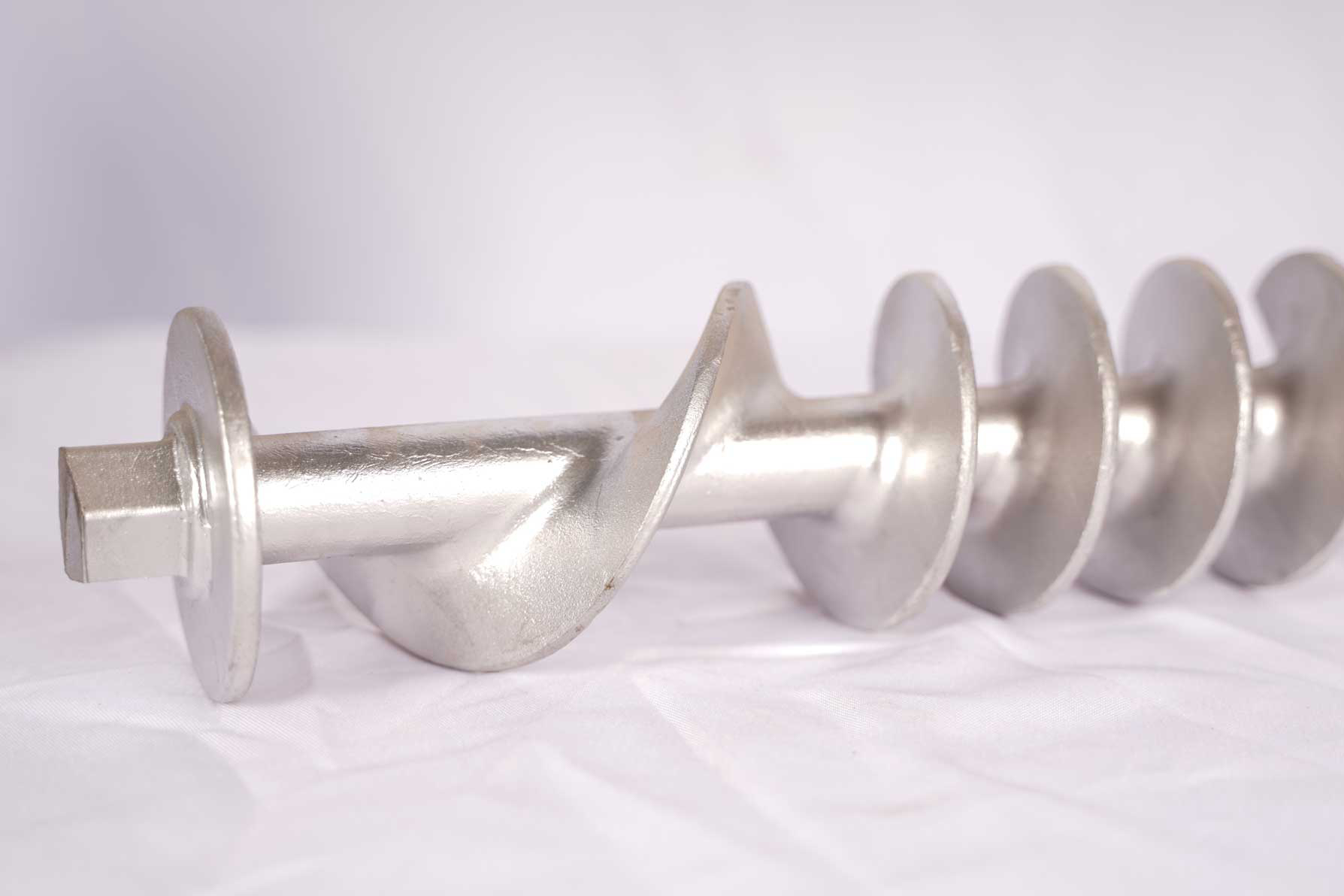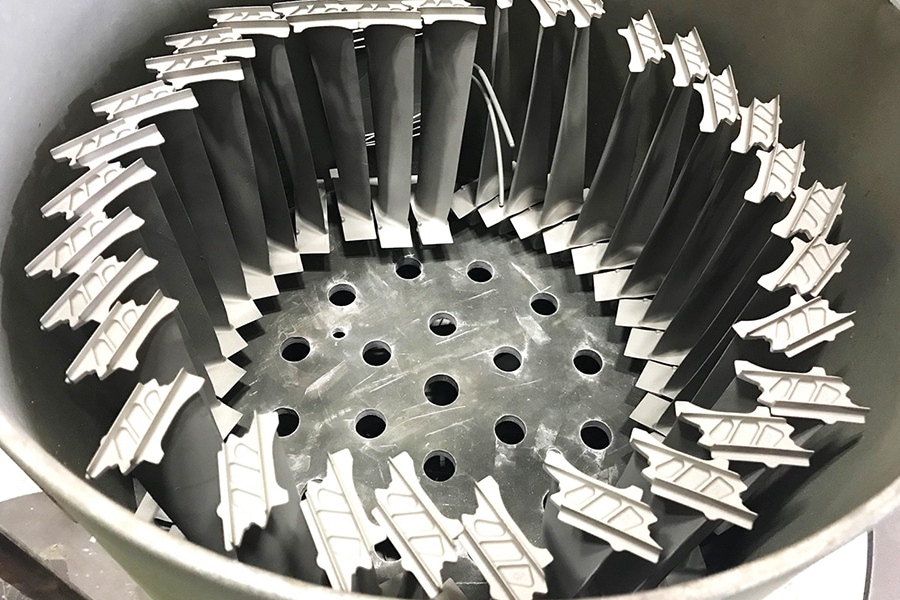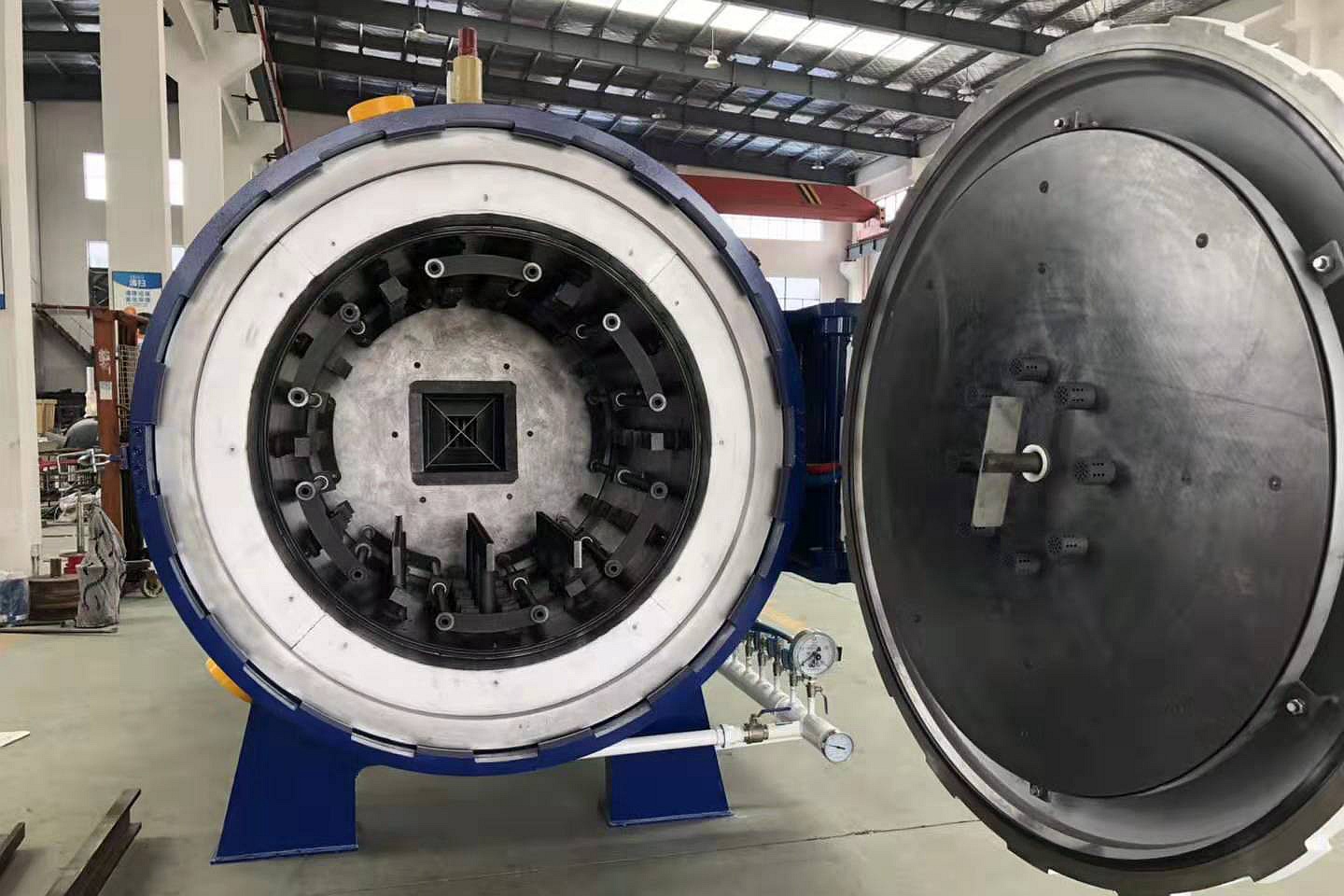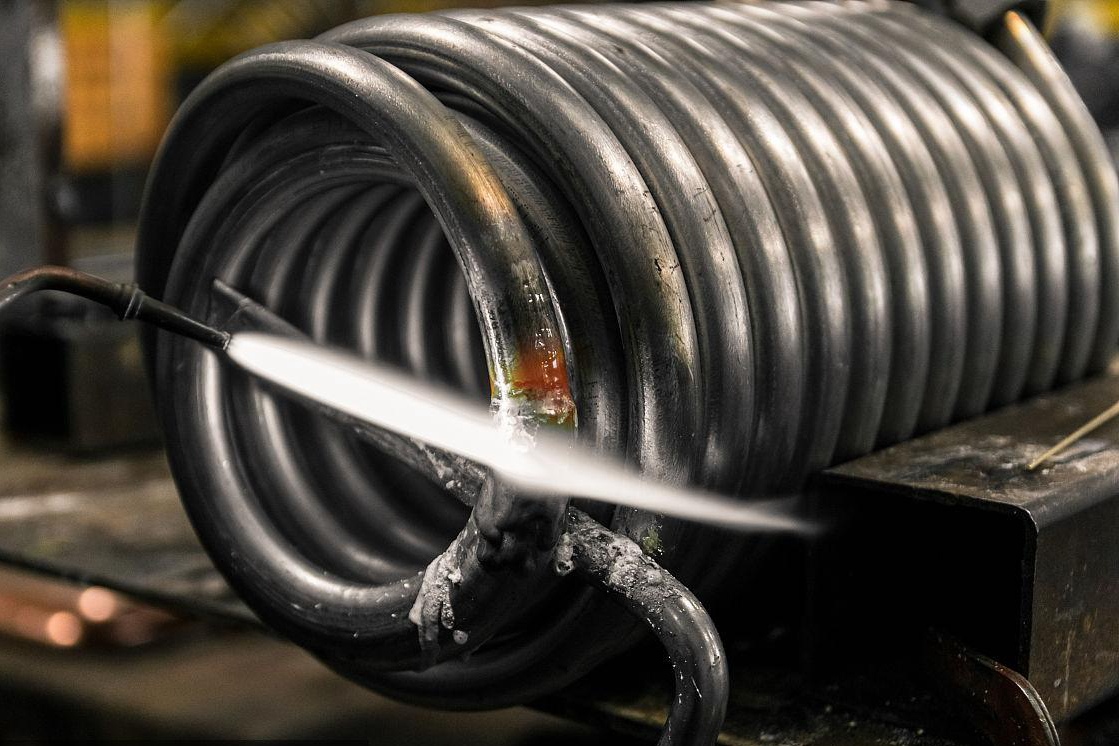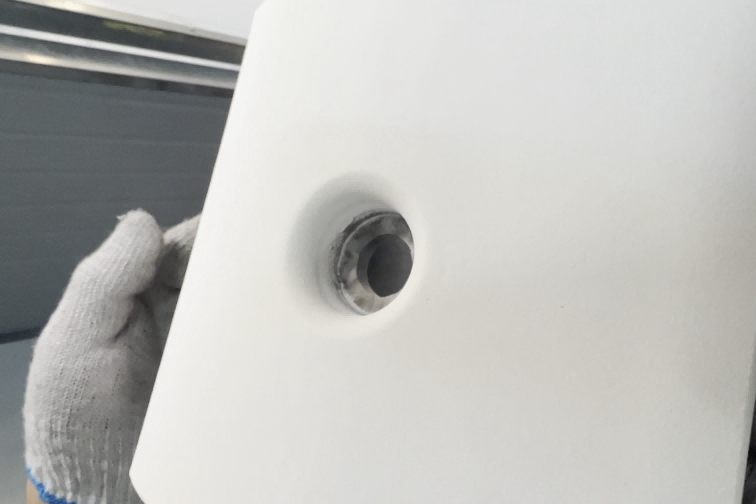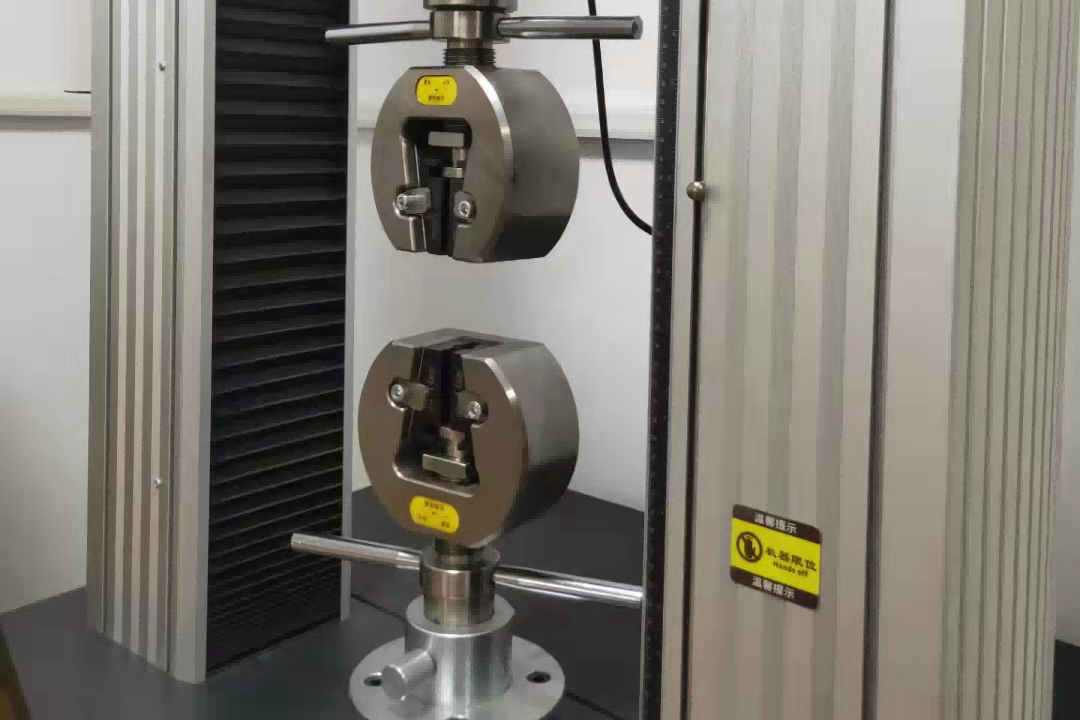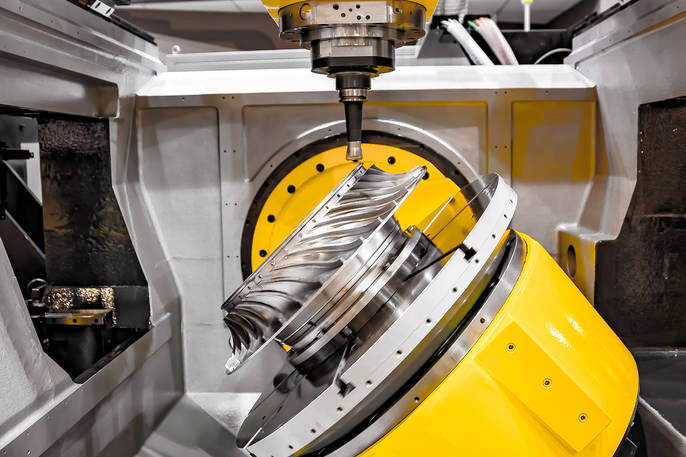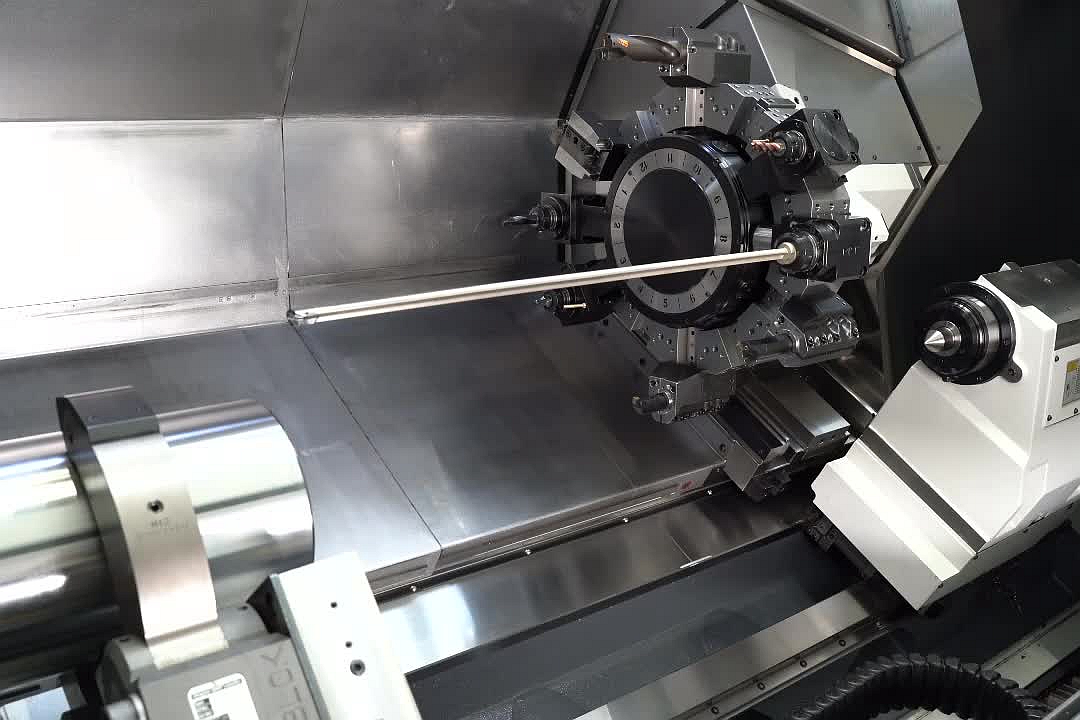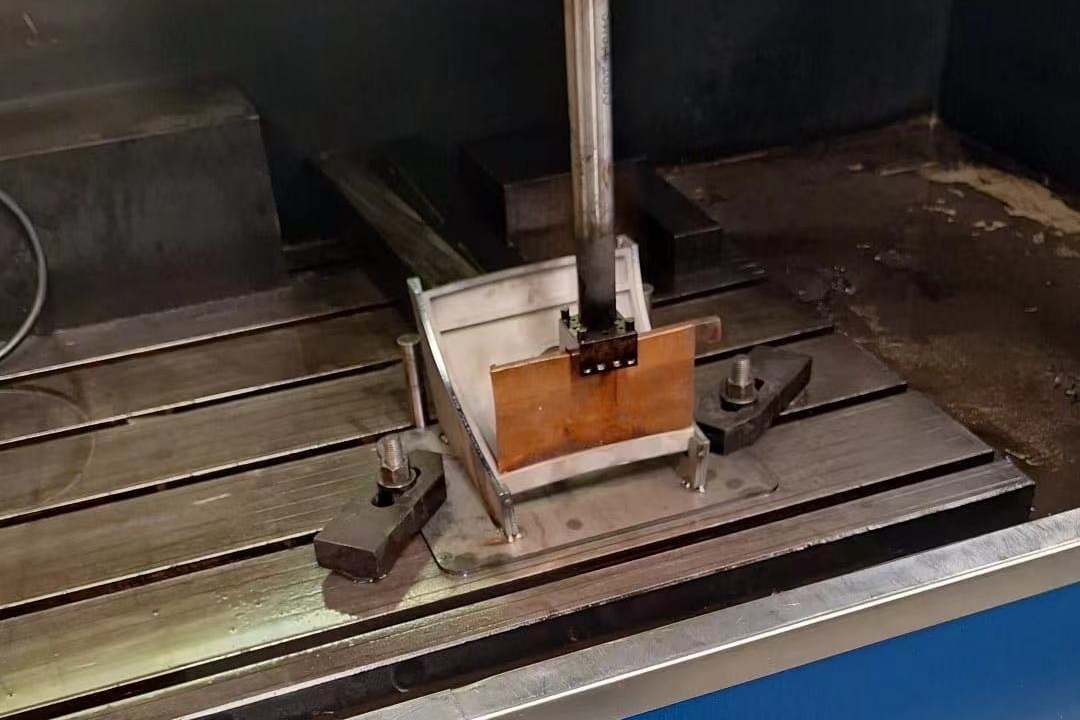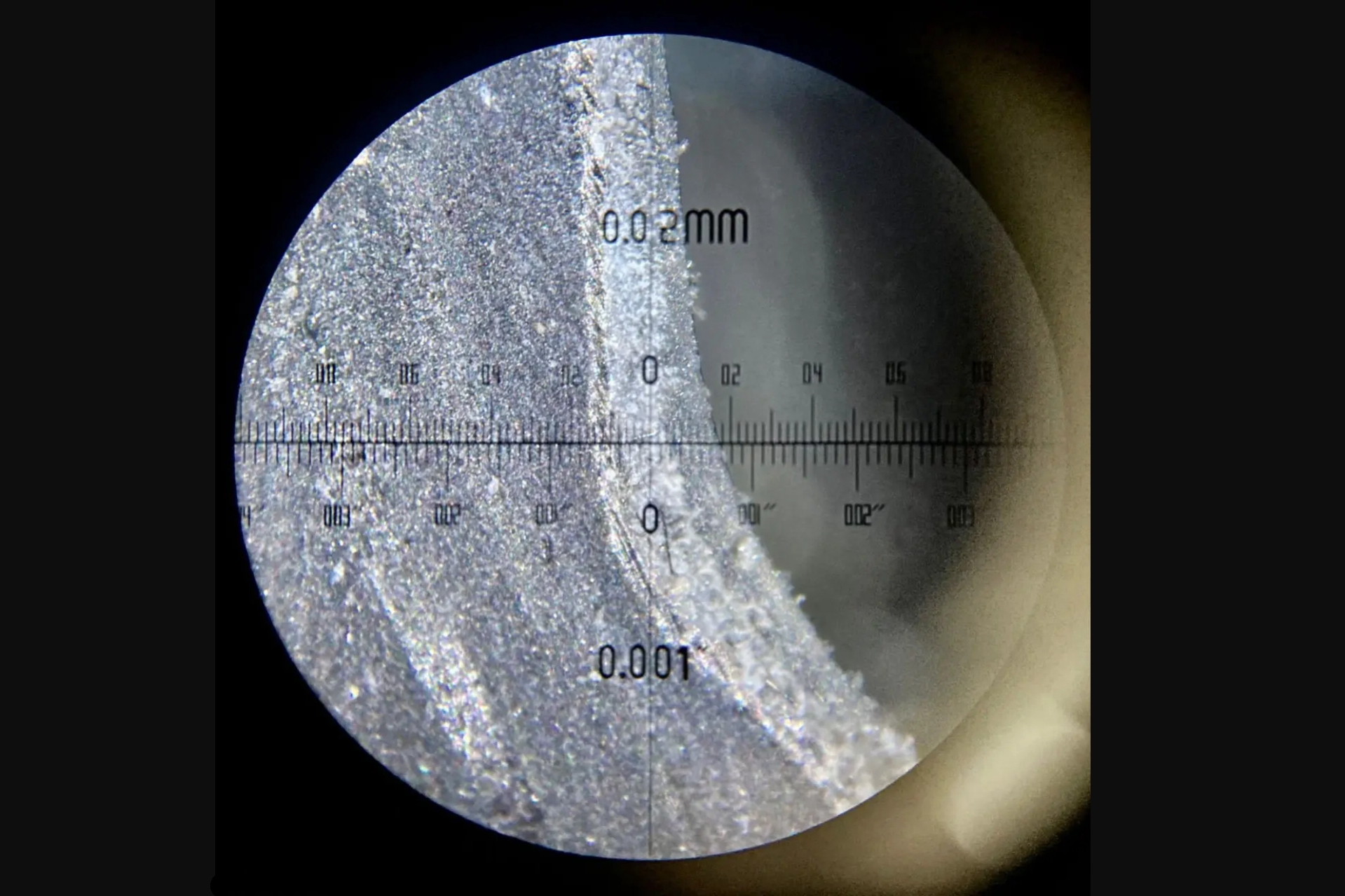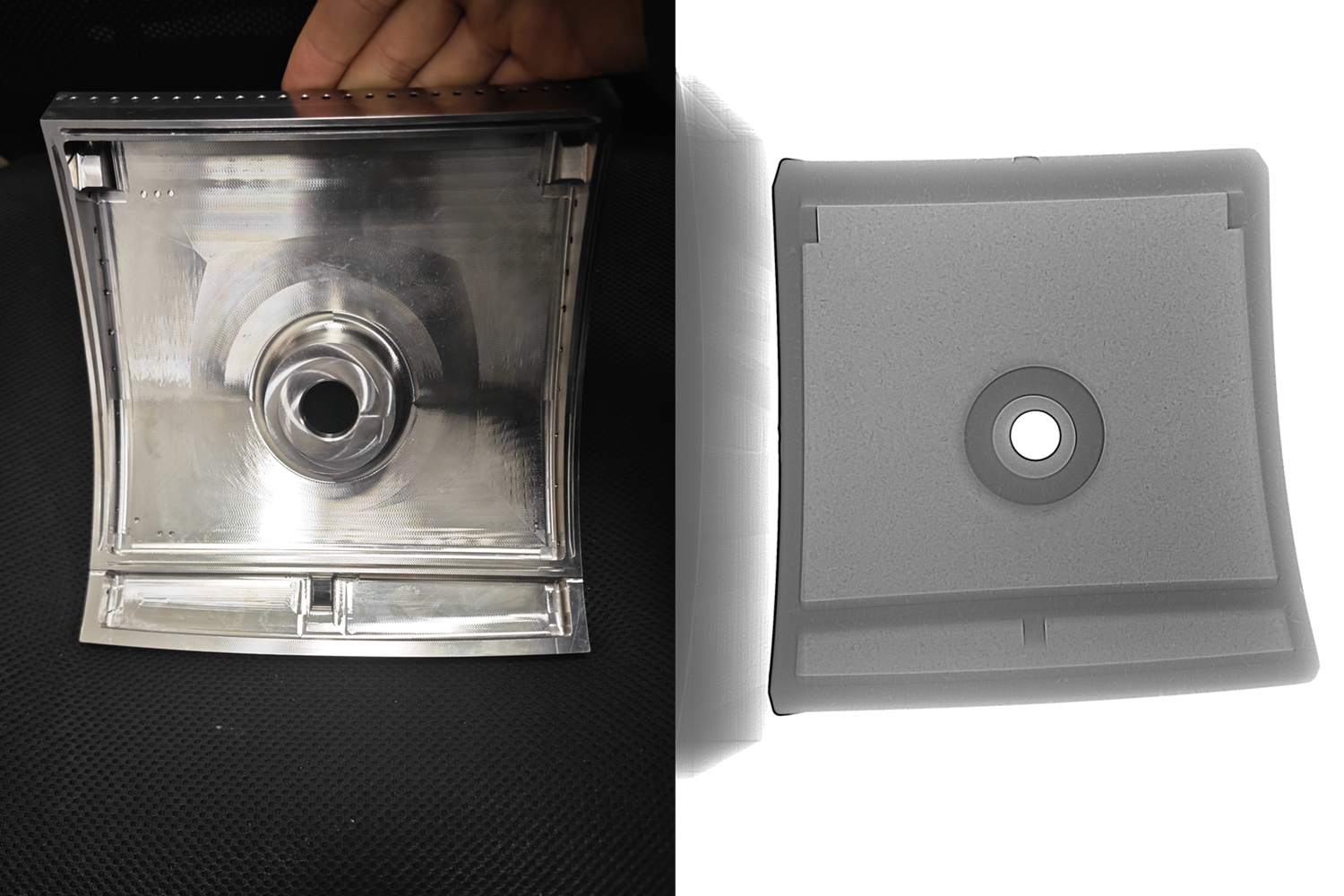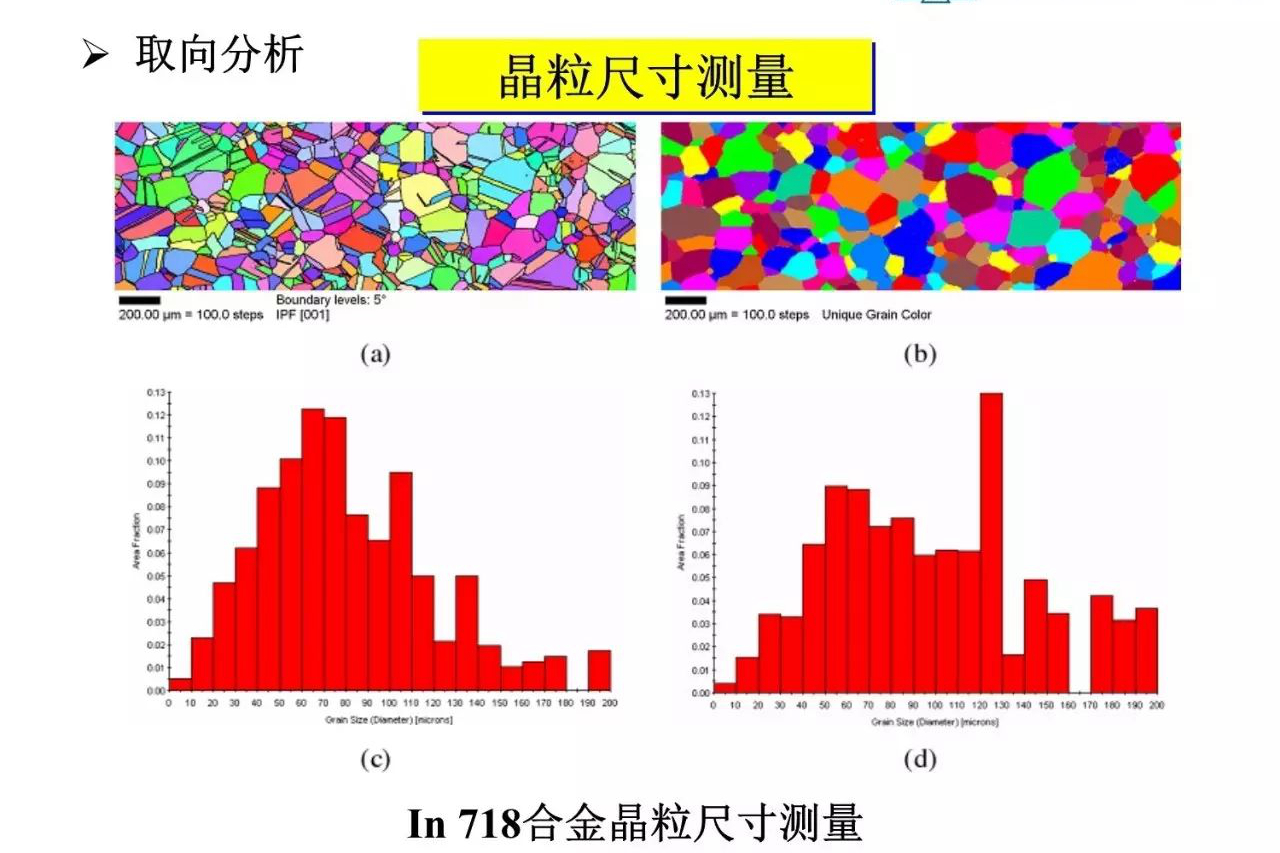Custom Marine Superalloy Parts Factory
Custom High Temperature Alloy Pharmaceutical and Food Parts Manufacturing
Neway offers Vacuum Investment Casting, Single Crystal Casting, Equiaxed, Directional Casting, Powder Metallurgy, CNC Machining, and 3D Printing. They can produce high-temperature alloy parts like valves, impellers, mixers, seals, nozzles, and shafts for pharmaceutical and food industries.
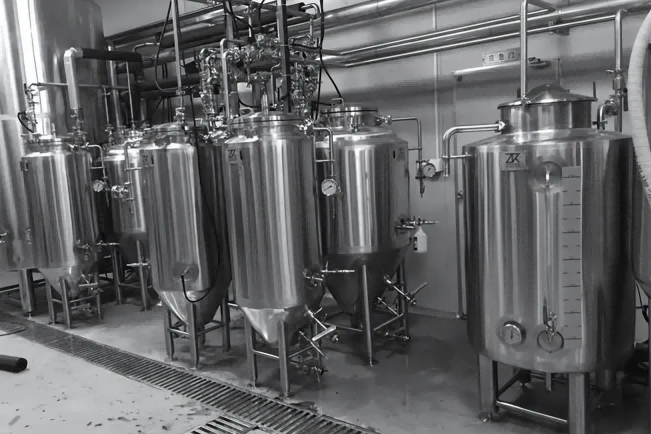
High Temperature Alloy Pharmaceutical and Food Parts Manufacturing Solutions
Neway utilizes advanced manufacturing processes for high-temperature alloy pharmaceutical and food parts, including Vacuum Investment Casting, Precision CNC Machining, Powder Metallurgy, and 3D Printing. These processes ensure tight tolerances, corrosion resistance, and durability for impellers, mixers, valves, seals, nozzles, and shafts. Post-processes like Heat Treatment and Surface Coating further enhance the parts' performance in demanding environments.
High Temperature Alloy Solutions To Pharmaceutical and Food Industry
The pharmaceutical and food industries select superalloys like Inconel, Monel, Hastelloy, and Titanium for their exceptional corrosion resistance, cleanliness, and biocompatibility. These alloys are used in heat exchangers, reactors, autoclaves, and processing vessels to withstand harsh chemicals, sterilization processes, and high temperatures. Their durability ensures compliance with hygiene standards and reliable performance in sensitive manufacturing environments.
Pharmaceutical and Food Parts Post Process and Surface Treatment Solutions
Neway offers post-processing such as Heat Treatment, Hot Isostatic Pressing (HIP), and surface treatments like Thermal Barrier Coating (TBC) and corrosion-resistant coatings for high-temperature alloy components like valves, impellers, nozzles, and seals. These processes enhance durability, corrosion resistance, and performance in the harsh chemical and high-temperature environments typical of pharmaceutical and food industries.
High Temperature Alloy Components In Pharmaceutical and Food Industry
Neway has previously manufactured high-temperature alloy components like valves, impellers, nozzles, seals, and shafts for the pharmaceutical and food industries. We utilize Vacuum Investment Casting, Precision CNC Machining, Powder Metallurgy, and 3D Printing. Post-processing techniques like Heat Treatment, HIP, and surface coatings ensure these components meet the industry's high standards for durability, corrosion resistance, and precision.
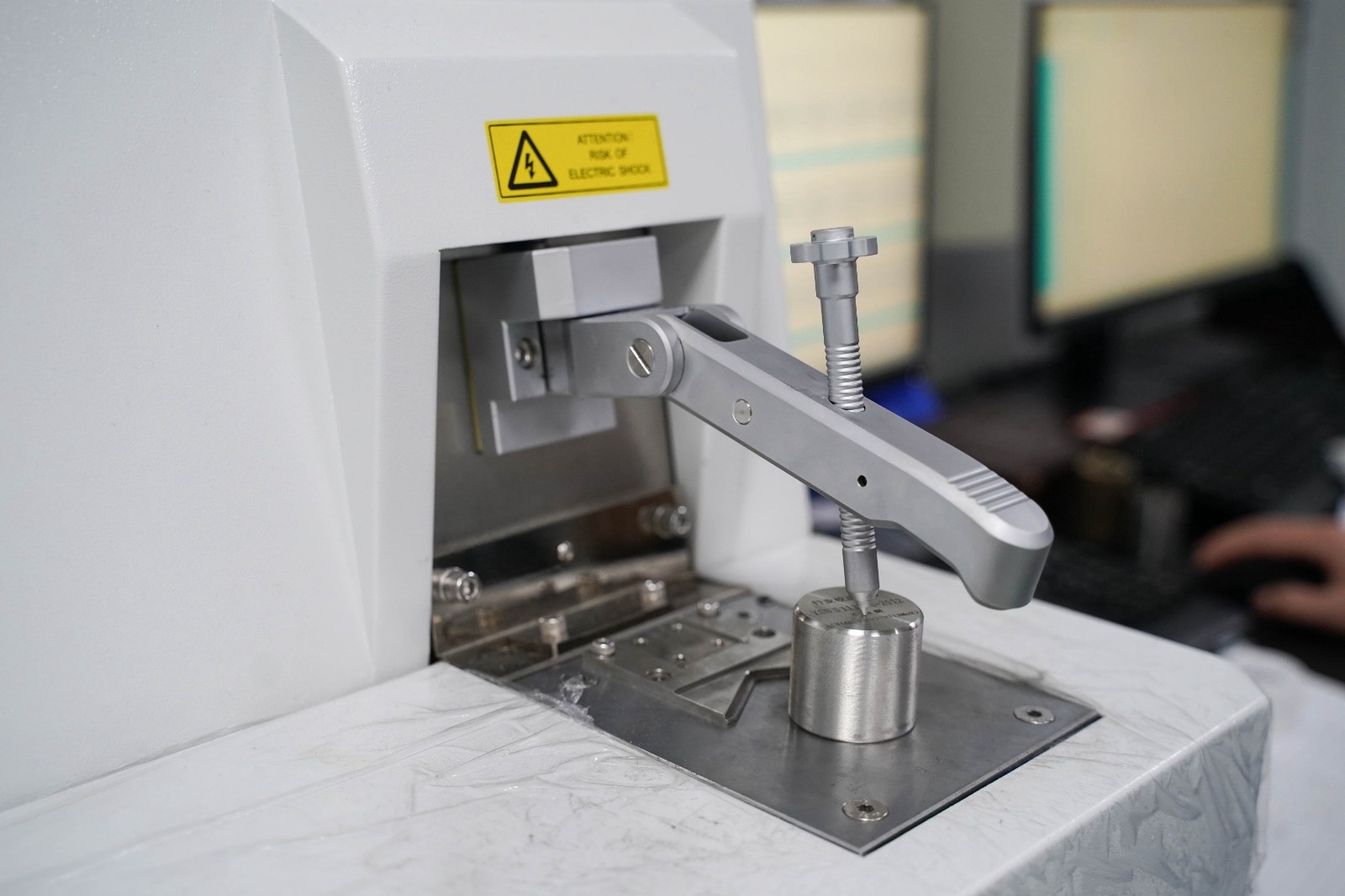
learn more
Direct Reading Spectrometer
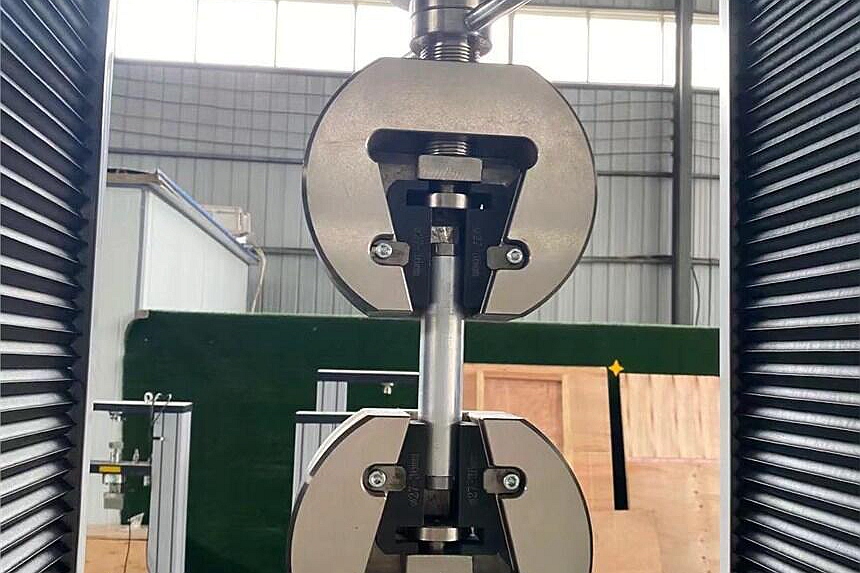
learn more
Tensile Testing Machine Checking
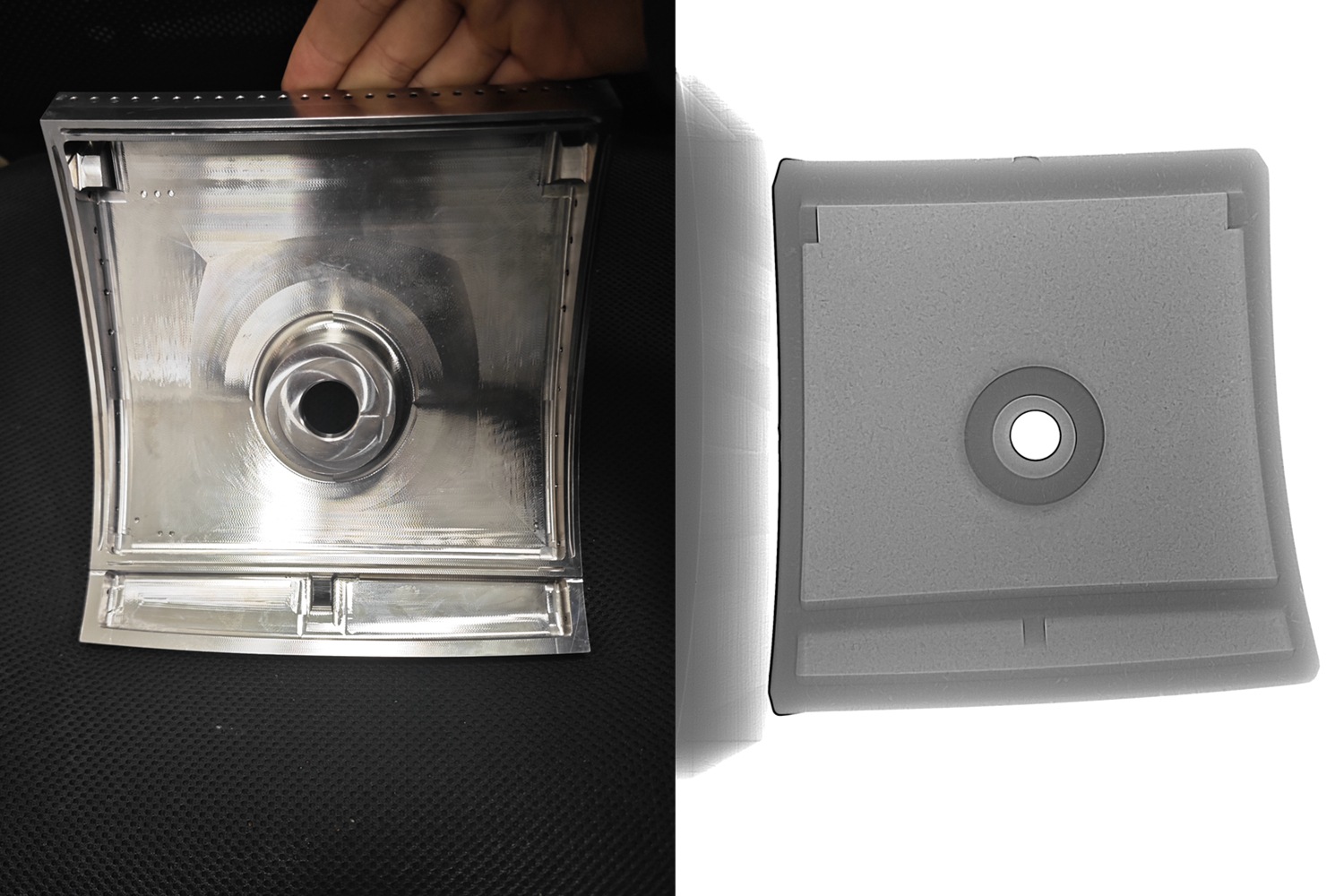
learn more
X-ray Checking
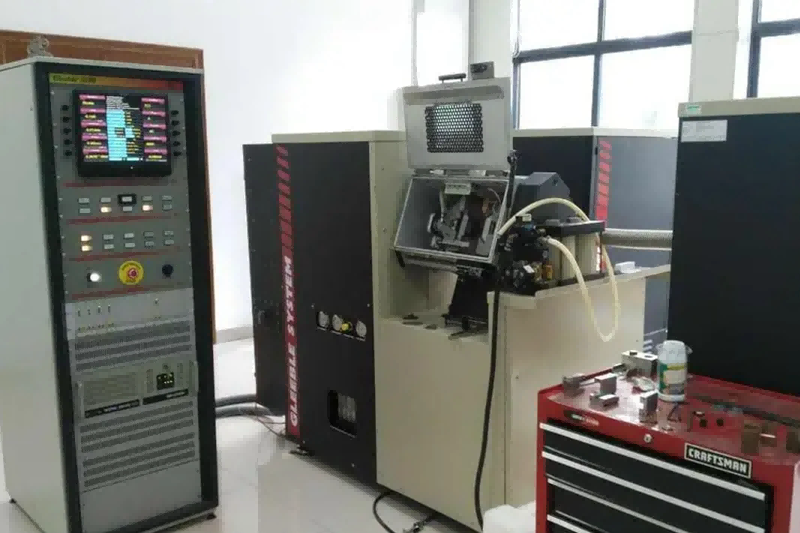
learn more
Thermal Physical Properties Test Platform
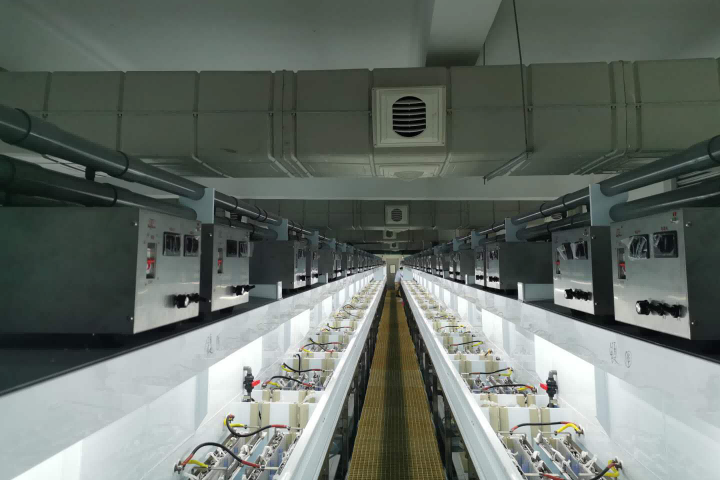
learn more
Corrosion Production Line
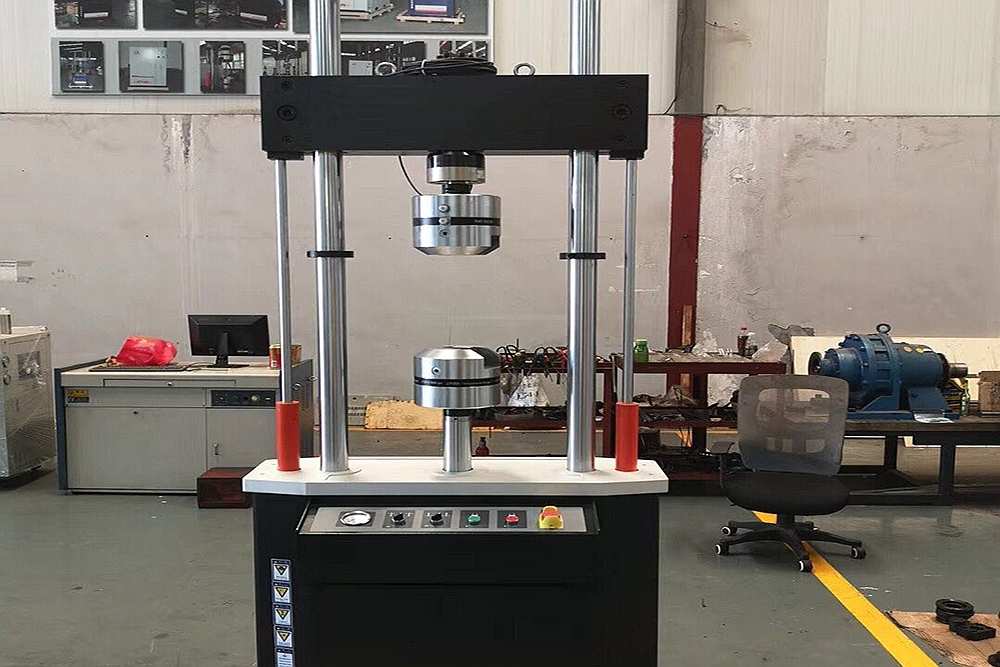
learn more
Dynamic and Static Fatigue Tester
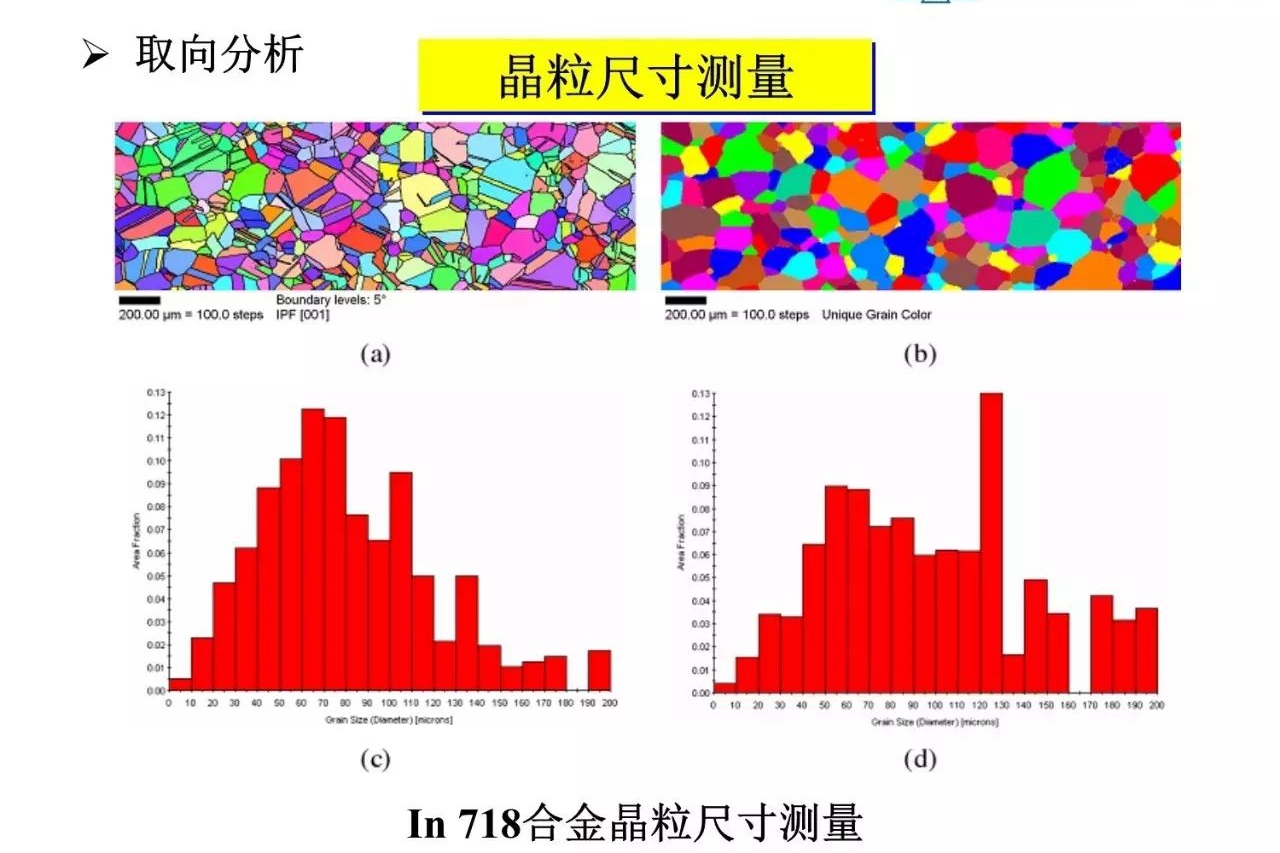
learn more
Electron Backscattering Diffractometer (EBSD)
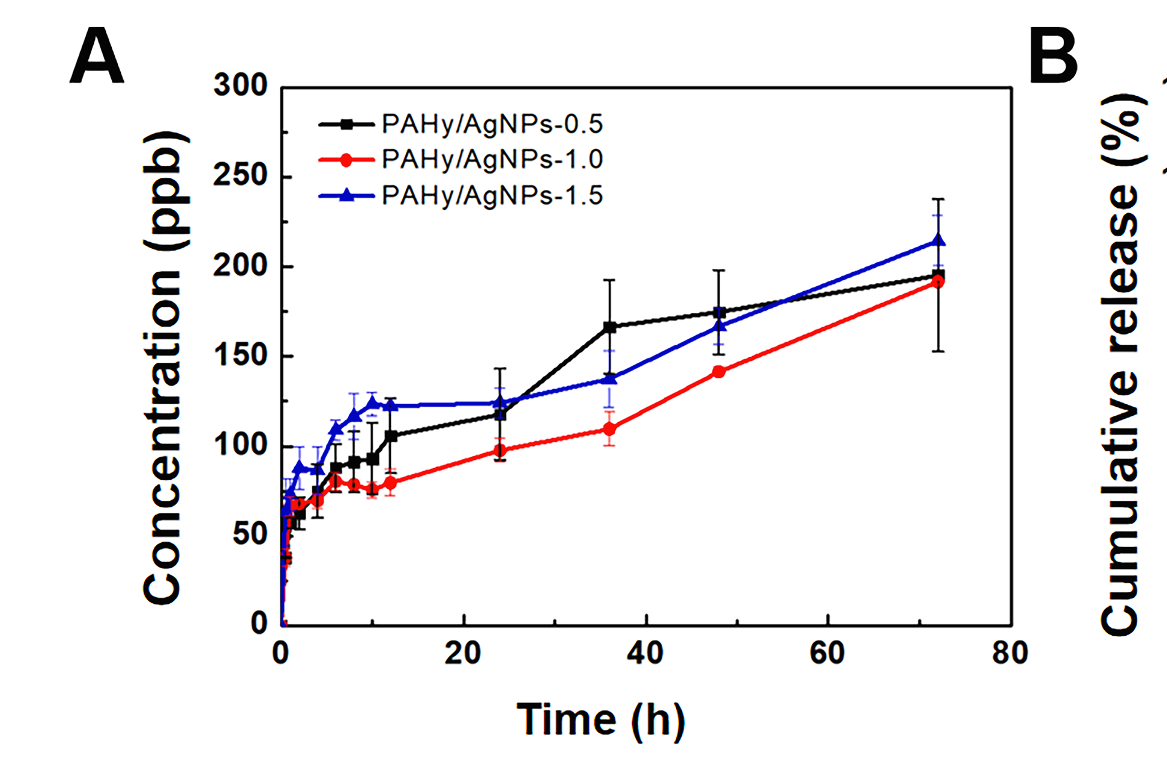
learn more
Inductively Coupled Plasma Optical Emission Spectrometer (ICP-OES)
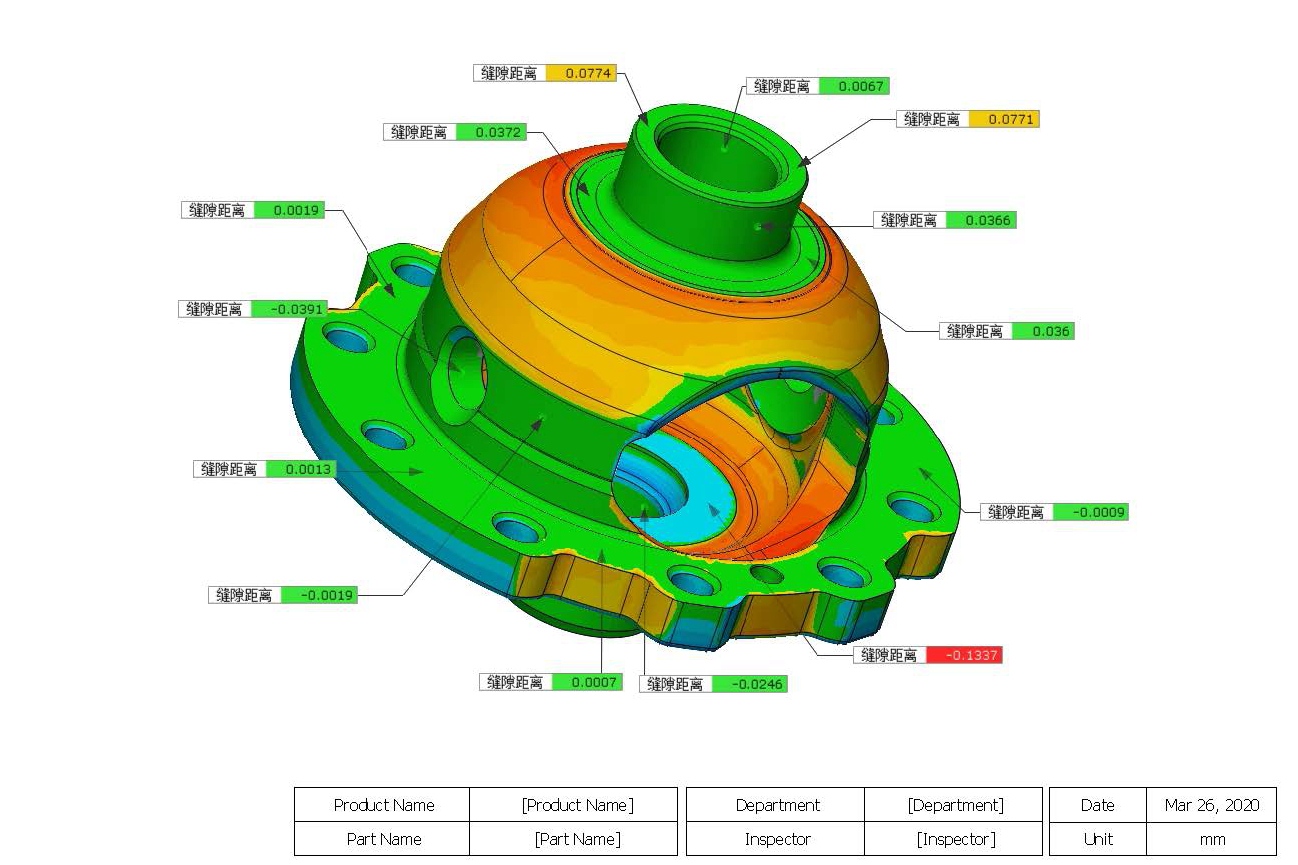
learn more
3D Scanning Measuring Instrument Checking
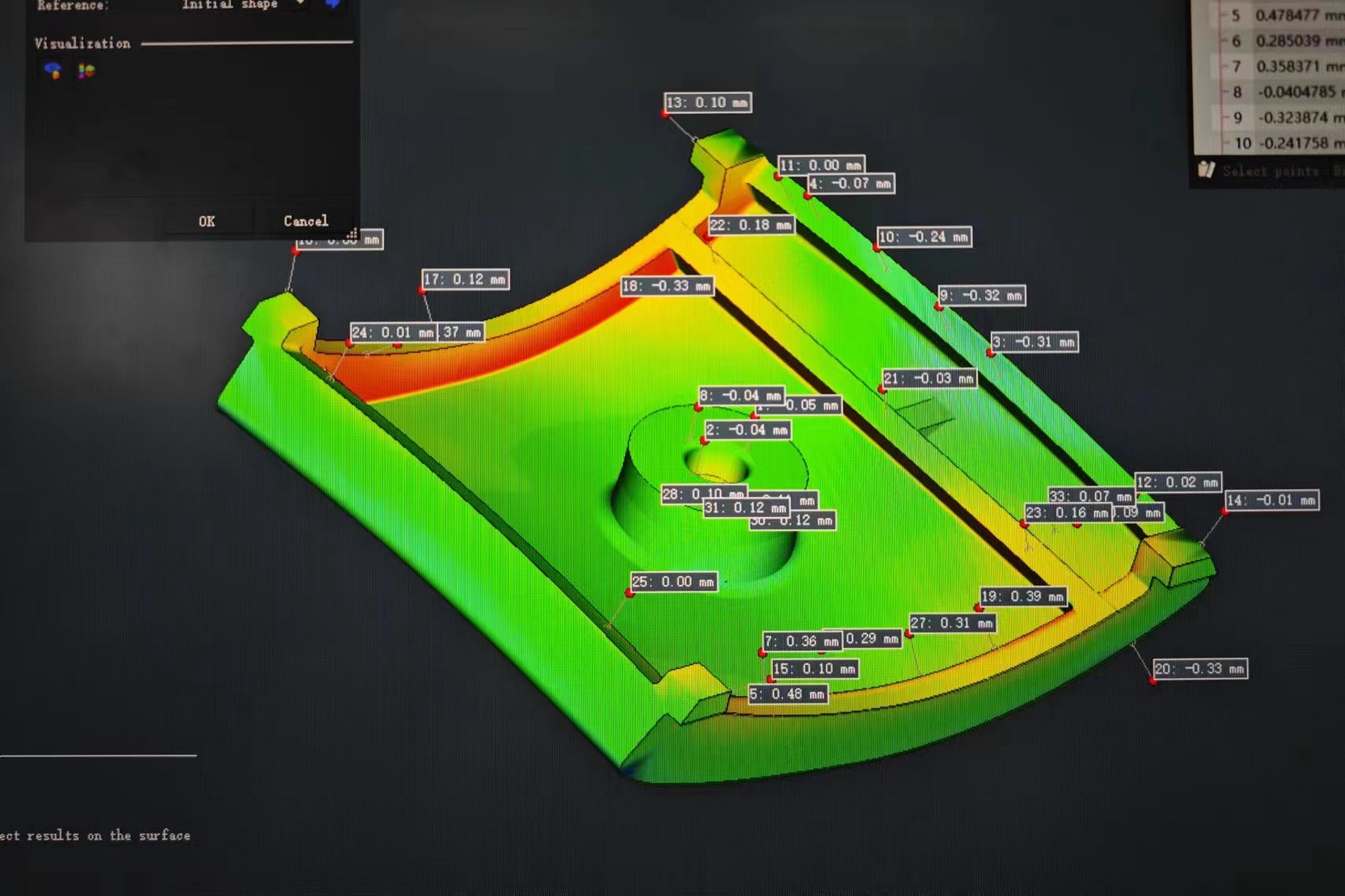
learn more
Coordinate Measuring Machine (CMM)
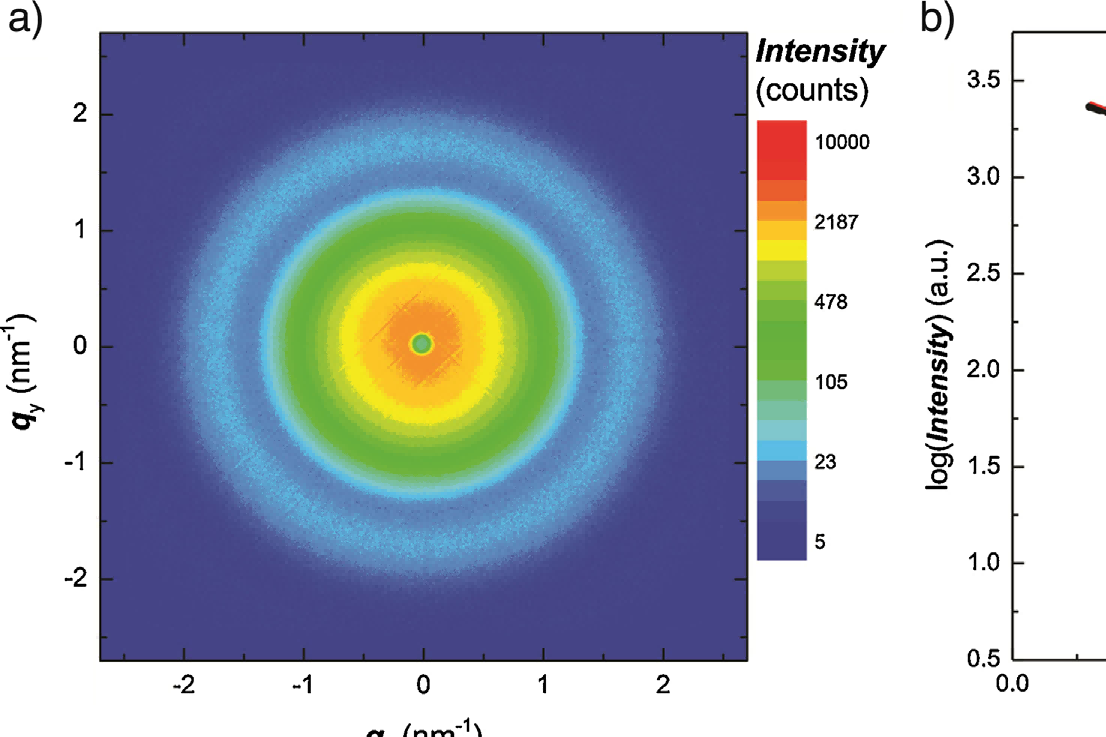
learn more
Glow Discharge Mass Spectrometer (GDMS)
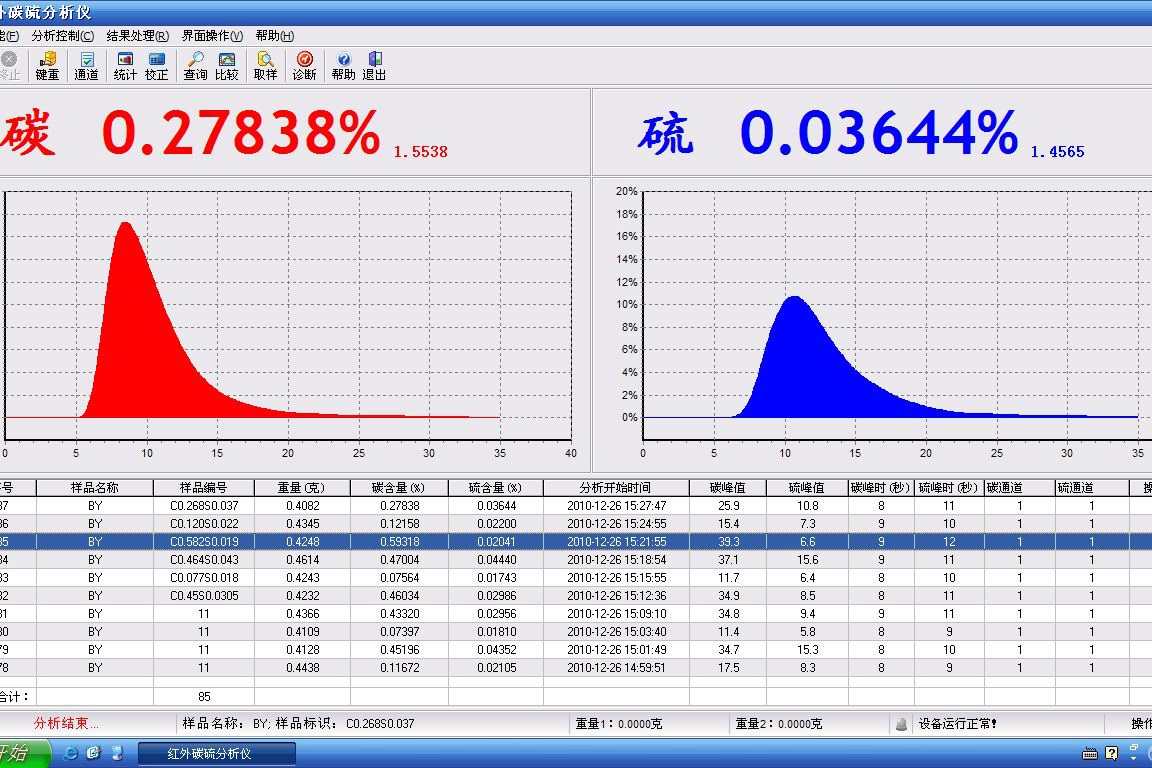
learn more
Carbon Sulfur Analyzer Checking
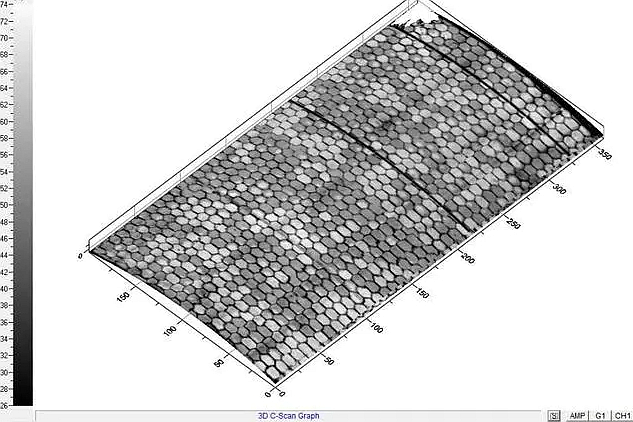
learn more
Water Immersion Ultrasonic Inspection
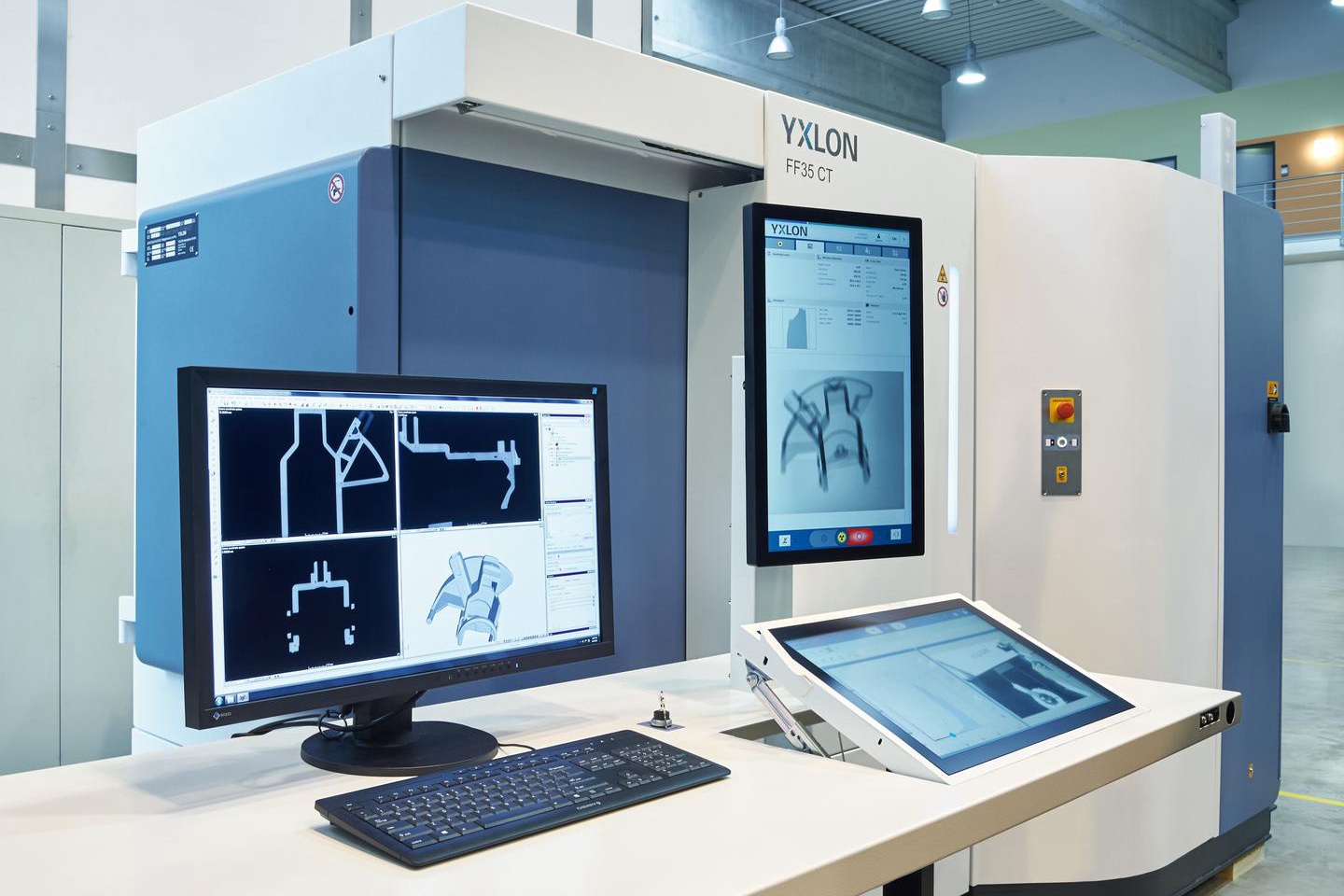
learn more
Line Array Industrial CT(GE)
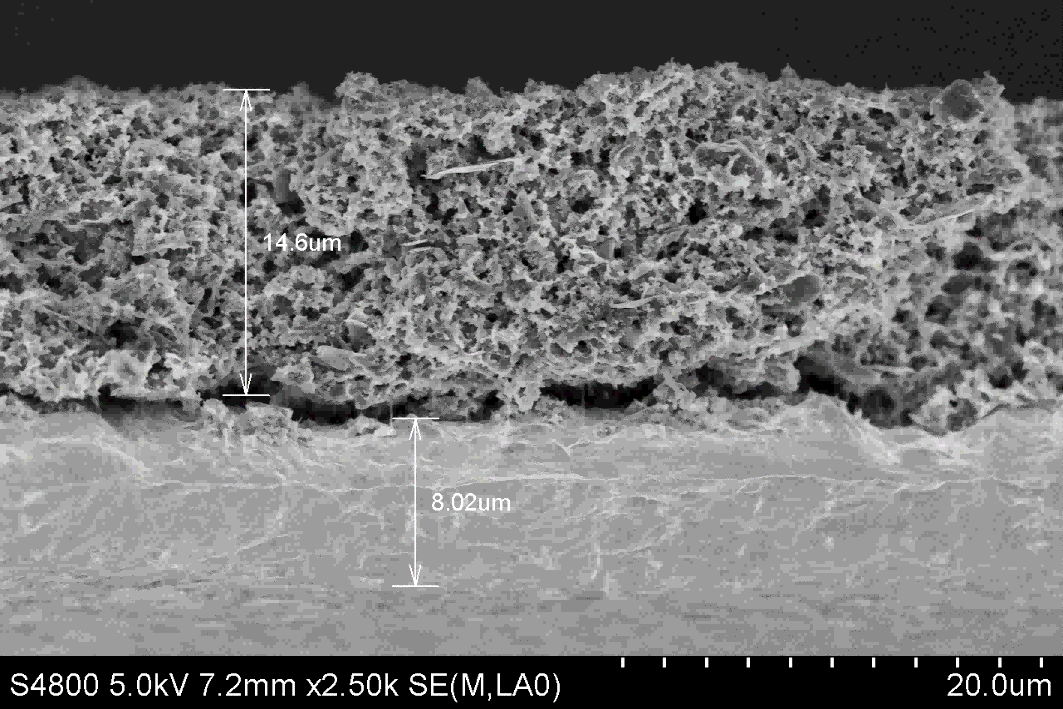
learn more
Scanning Electron Microscope (SEM) Checking
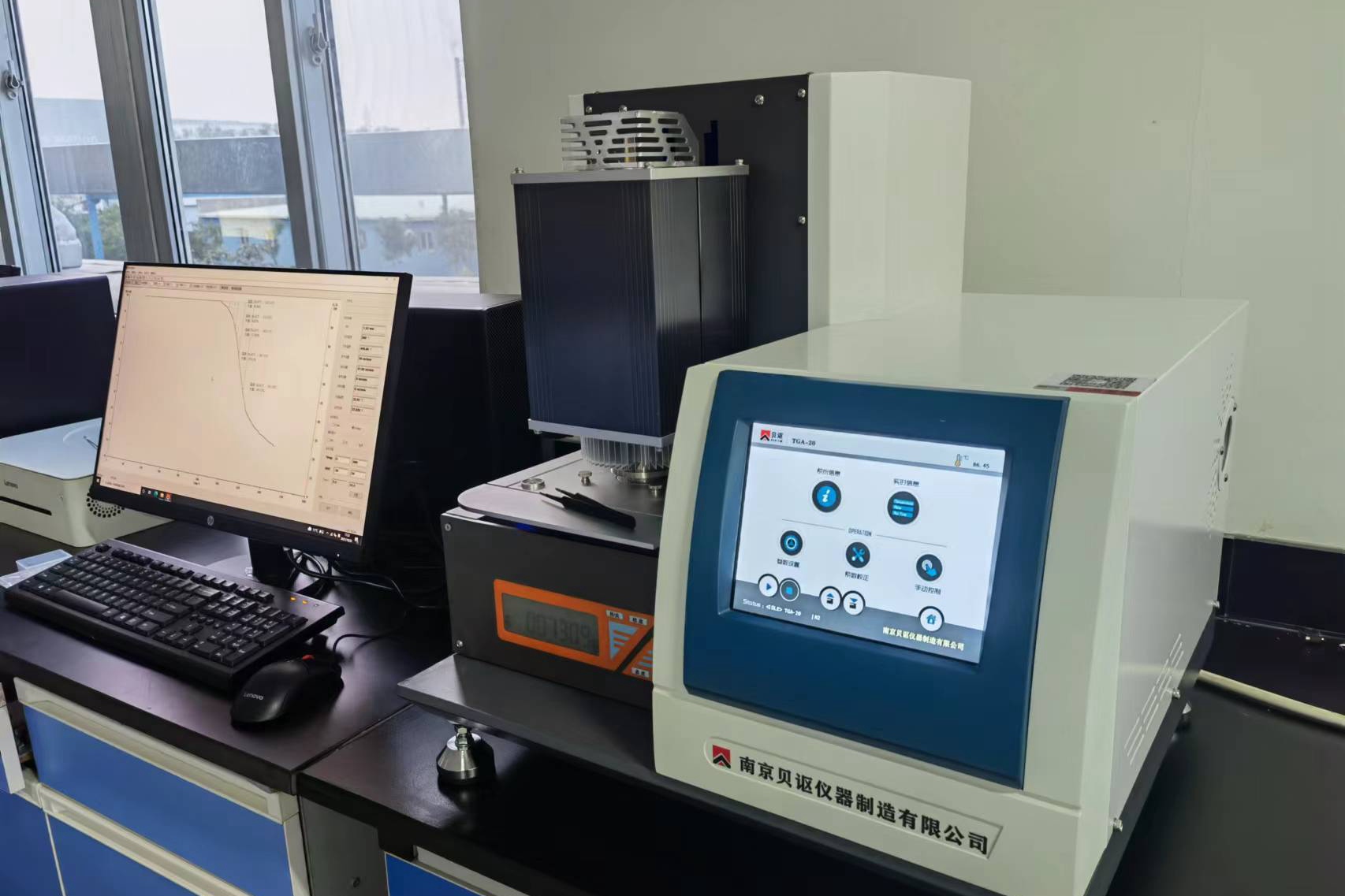
learn more
Simultaneous Thermal Analyzer (STA) Checking
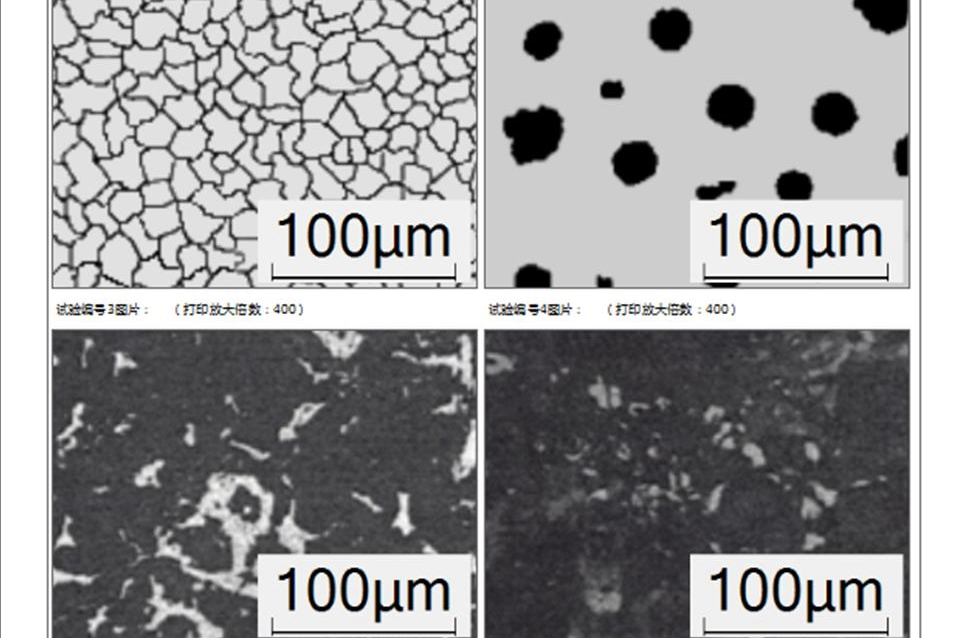
learn more
Metallographic Microscopy Checking
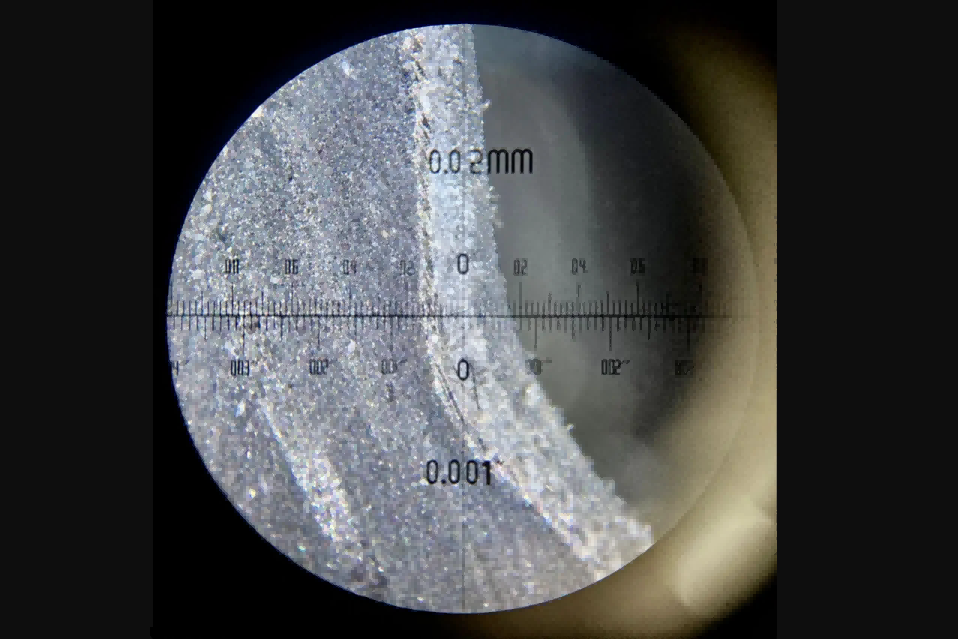
learn more
Stereo Microscope Checking
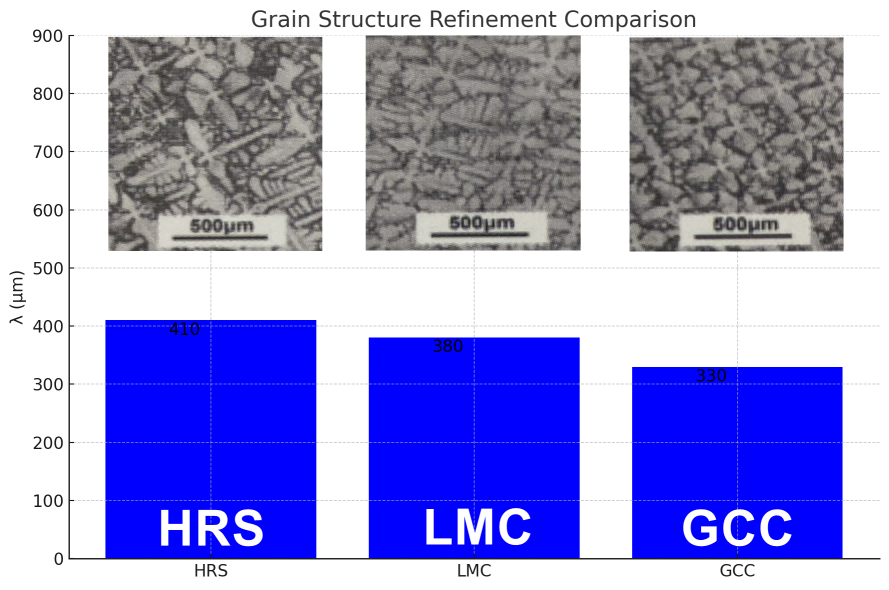
learn more
New Technology
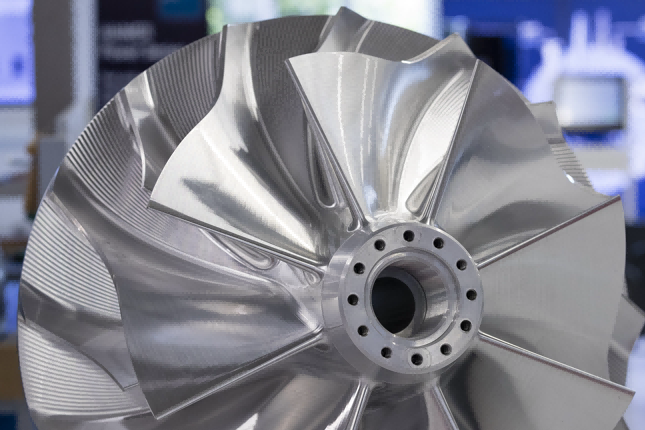
learn more
Products Gallery
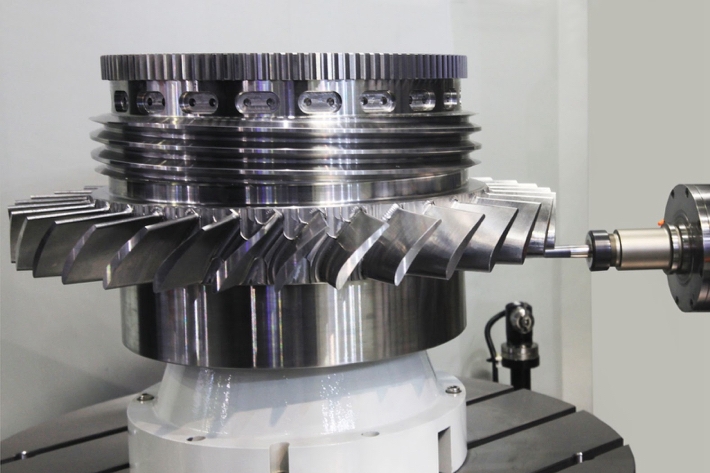
learn more
Various Industries
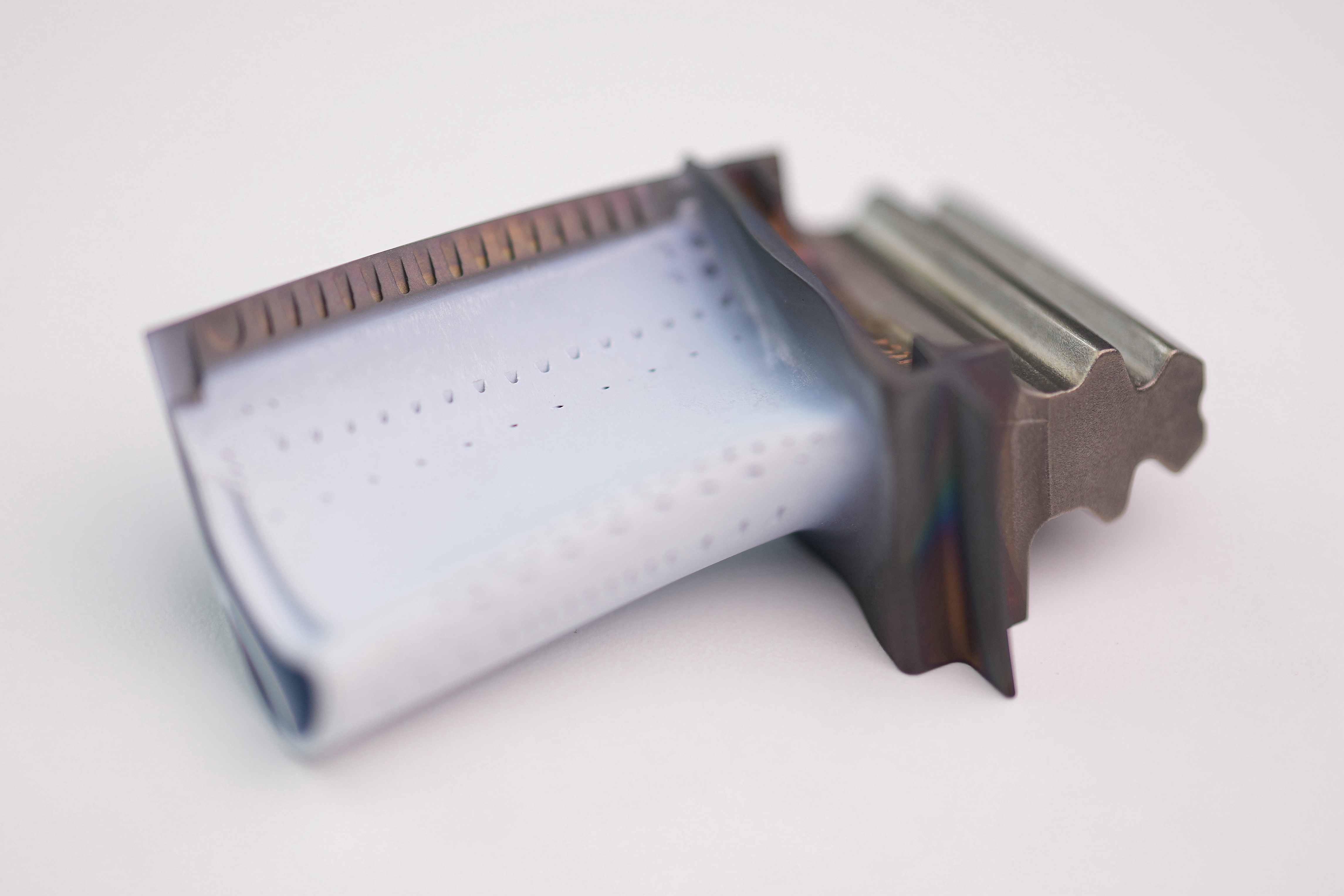
learn more
Surface Finishings
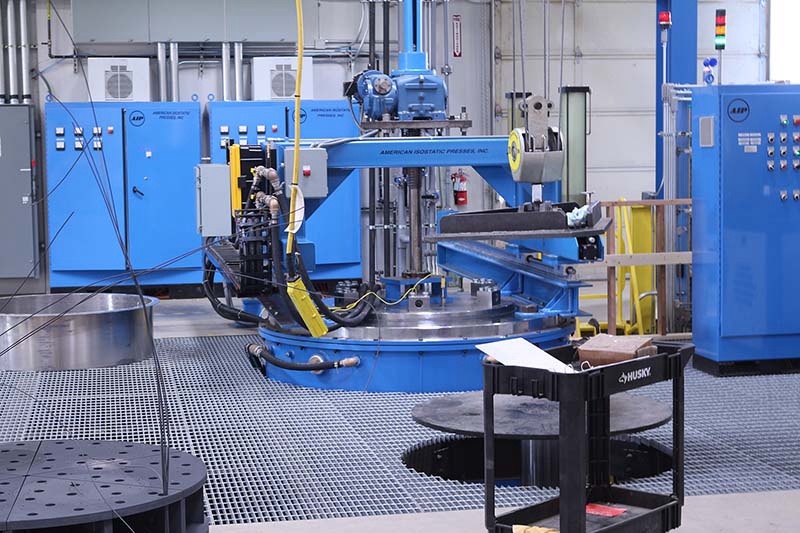
learn more
Post-Process
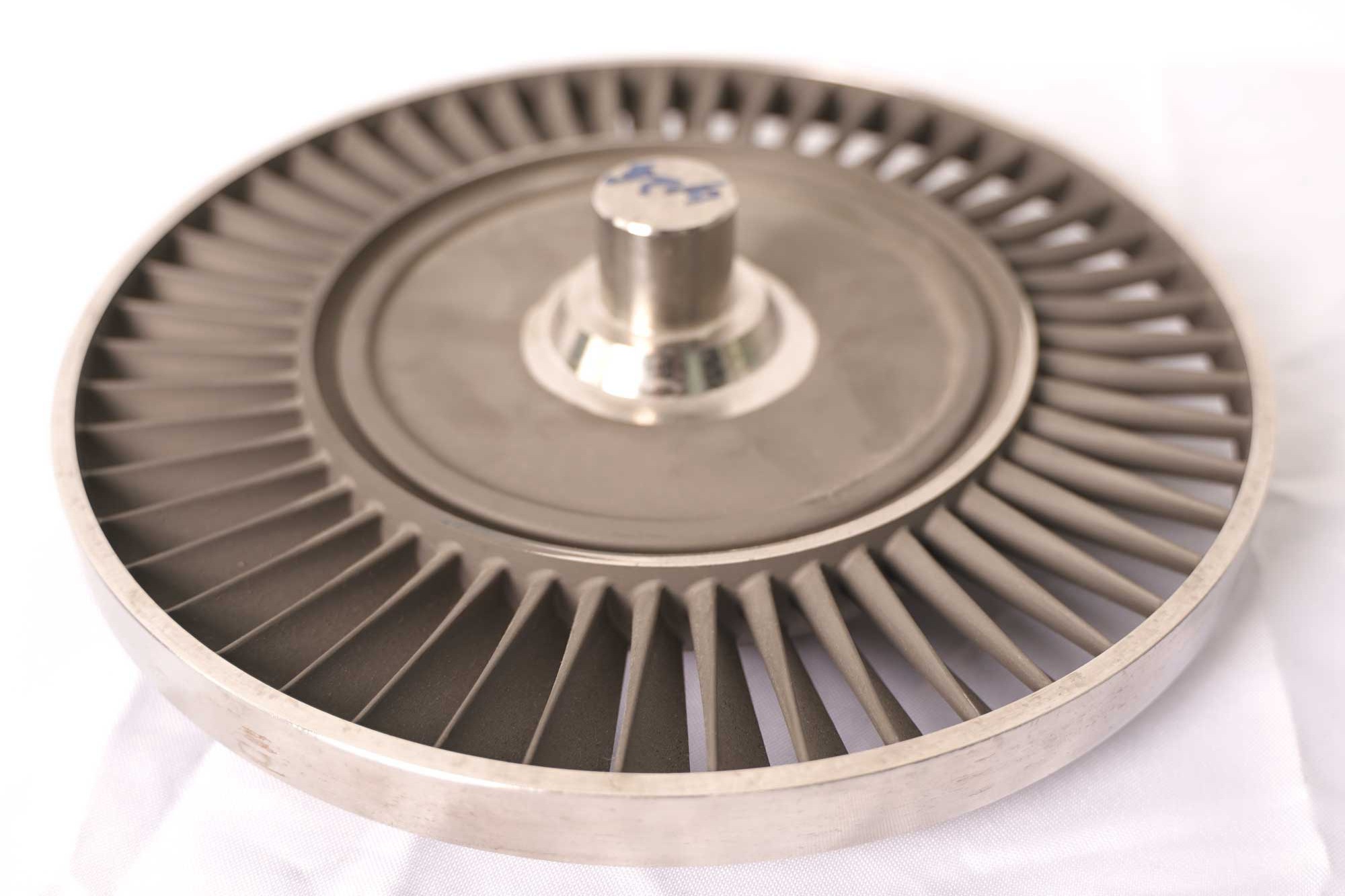
learn more
Manufacturing Technology
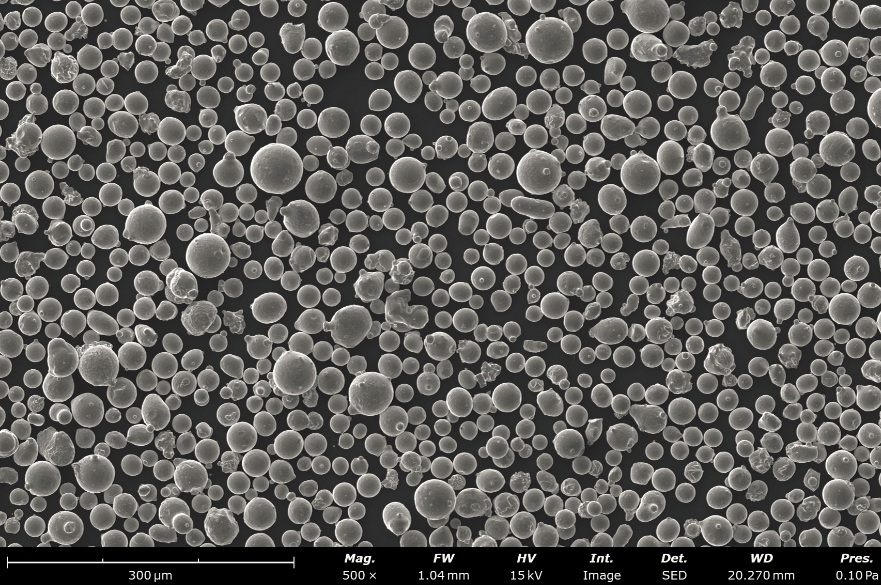
learn more
R&D and Simulation
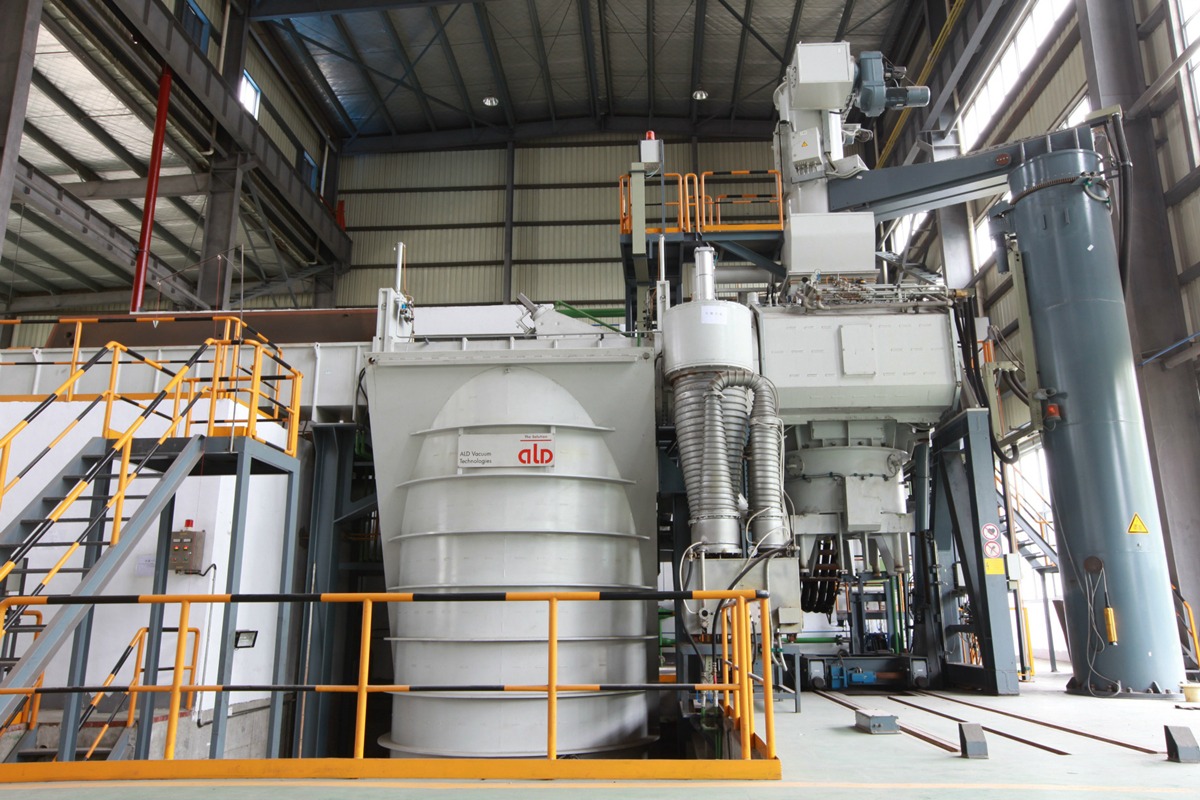
learn more
Manufacturing Equipments
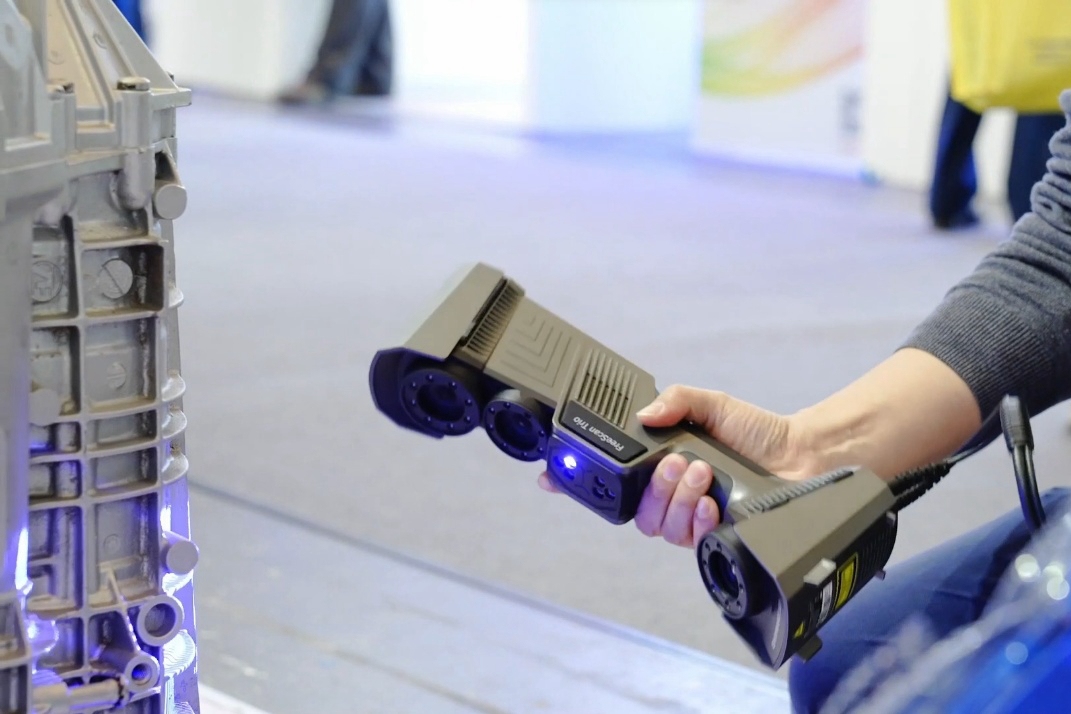
learn more
Testing Equipments
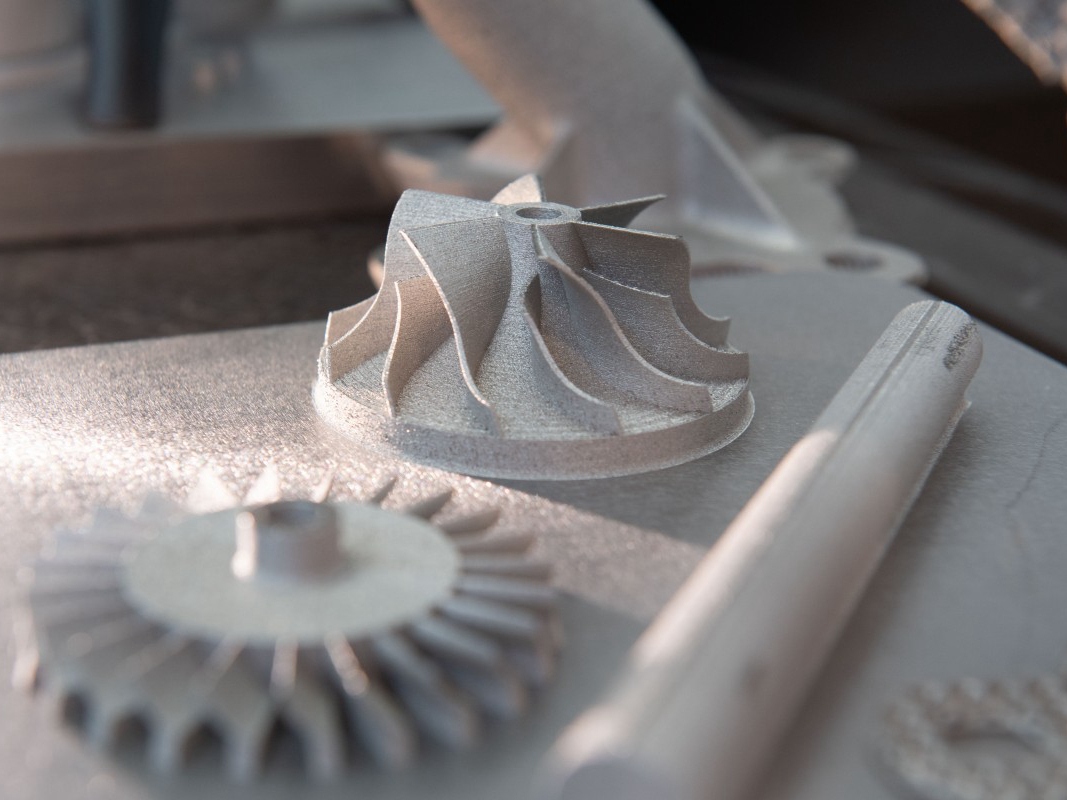
learn more
3D Printing Prototyping

learn more
FAQs

learn more
Contact
Let's Start A New Project Today
